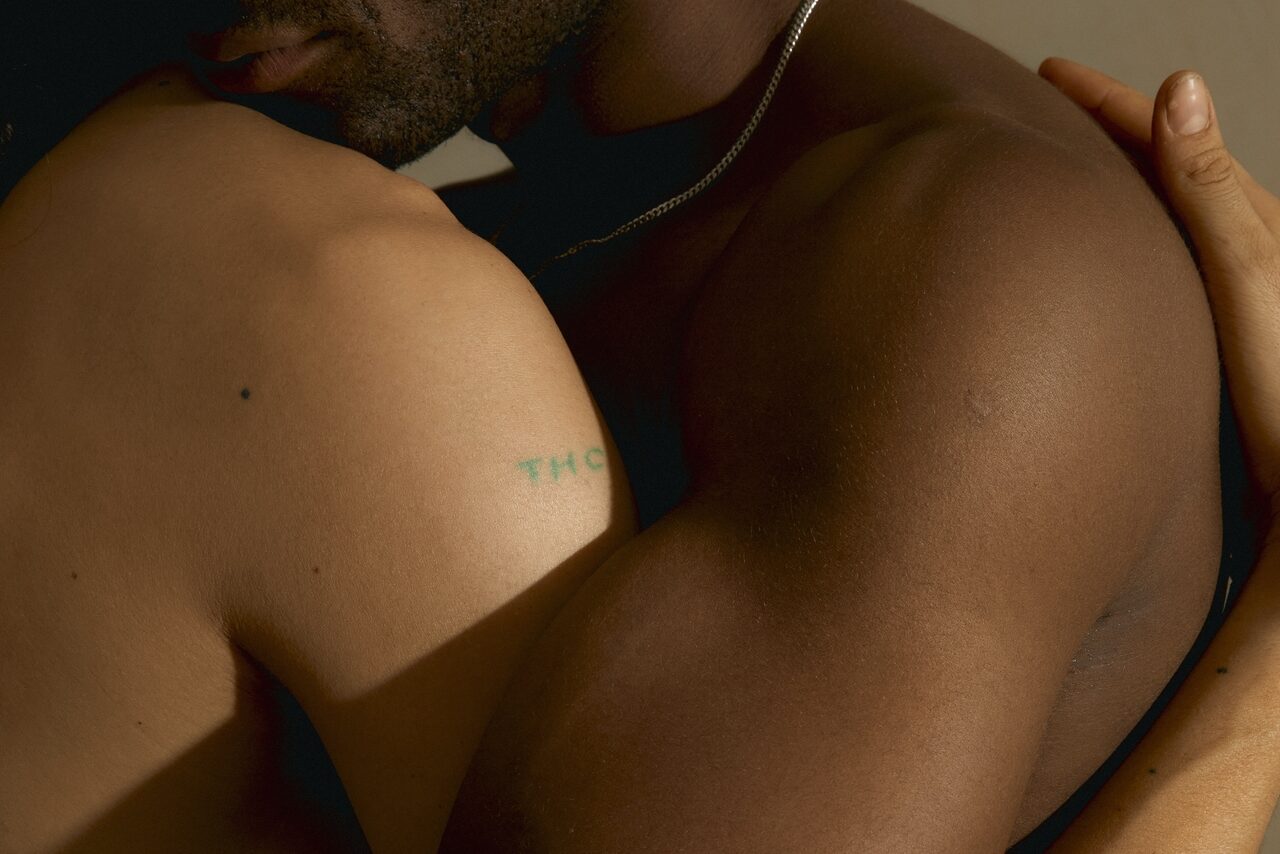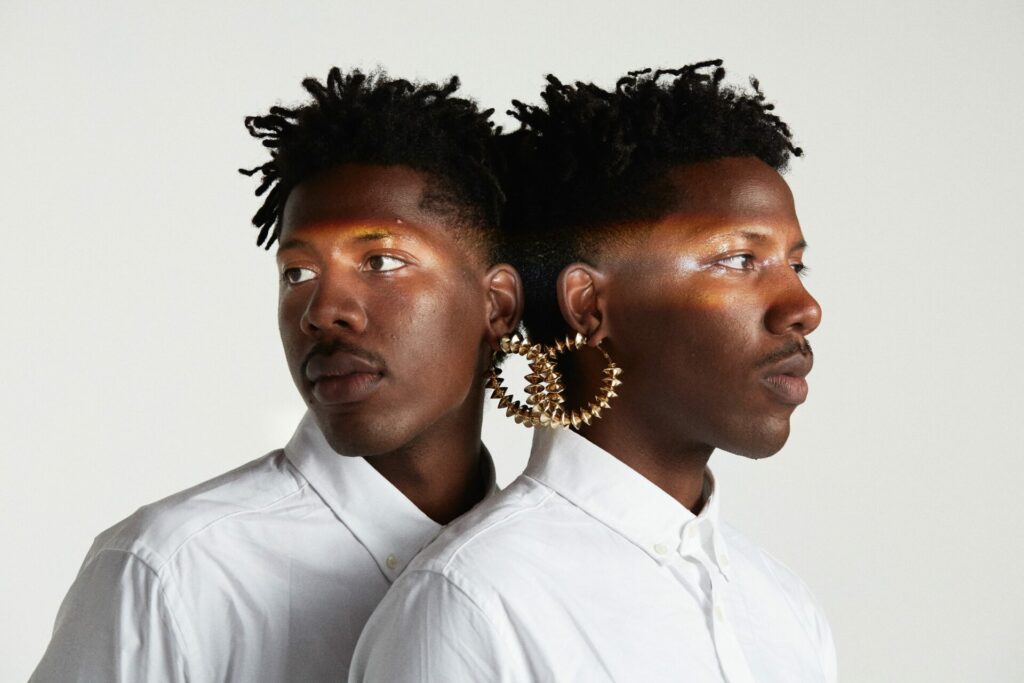
House Rules for Unwanted Words Events
Safe(r) Spaces guidelines 🏳️🌈🏳️⚧️

At Unwanted Words, we strive to create a warm and welcoming environment where our LGTBQIA+ community, as well as those who are still exploring their identities, can freely express themselves without fear of judgment. Discrimination has no place here, including imperialist and colonialist discourse.
Our primary goal is to foster a safer space for inclusivity, respect, and mutual appreciation. To achieve this, we kindly ask you to follow our house rules:
🏳️🌈 Honor everyone’s gender identity: Let’s avoid assuming anyone’s gender or sexuality. Show respect by using the correct pronouns and acknowledging each person’s unique identity.
🚫 Say no to discrimination: We have a zero-tolerance policy for any form of discriminatory behavior or language. Racism, sexism, transphobia, homophobia, biphobia, femme phobia, ageism, ableism, classism, xenophobia, antisemitism, islamophobia, heteronormativity, and any other oppressive behaviors are strictly prohibited.
✋🏾 Respect personal boundaries: Everyone’s comfort matters. Non-consensual touching, staring, commenting, or any actions that might make others feel uneasy are not acceptable. Respecting personal boundaries is essential for a safe and enjoyable experience at Unwanted Words events.
🙏🏿 Cultural sensitivity matters: It’s important to avoid using another person’s culture to depict oppression or freedom. Such actions can be disrespectful, stereotypical, racist, and xenophobic. Let’s be responsible for our own stories and refrain from appropriating cultural heritage that isn’t ours.
💖 Consent for capturing memories: We often document our events for sharing on social media and our website. If you prefer not to have your picture or video taken, please let us know, and we will absolutely respect your wishes.
Remember, we are here for each other. Our aim is to create a supportive and inclusive community where you can freely express yourself. If you ever have any questions or concerns, don’t hesitate to reach out.
Unwanted Words Anti-Discrimination Policies for performers:

- We are an inclusive intersectional platform trying to build safer spaces, and we believe that inclusion ends with exclusion. Any form of hate speech is not welcome at our stage. Therefore: by agreeing to this email and performing on behalf of Unwanted Words, you agree to the fact that you do not make any expressions of racism, xeno-, homo-, transphobia, misogyny, racism , sexism, fat shaming, ableism and the propagation of discriminatory ideas (if you use it in a certain context in which you think it is appropriate, because it draws attention to any form of exclusion, please let us read or know in advance) .If your texts cover sensitive topics such as (sexual) abuse, racism or other themes where you suspect a trigger warning is in order, please let us know. The host can mention this in your introduction before your performance, but we invite you to do this yourself as well.
Glossary
- LGTBQIA+: An acronym used to represent the lesbian, gay, bisexual, transgender, queer/questioning, intersex, and asexual/aromantic/agender community.
- Inclusivity: The practice of ensuring that everyone feels welcome and valued, regardless of their identity or background.
- Discrimination: The unfair or unjust treatment of individuals or groups based on their identity or characteristics.
- Gender identity: An individual’s internal sense of their gender, which may or may not align with the sex they were assigned at birth.
- Pronouns: The words used to refer to a person in place of their name, such as “he/him,” “she/her,” or “they/them.”
- Zero-tolerance policy: A strict policy that prohibits any form of a particular behavior or activity.
- Racism: Discrimination or prejudice against individuals or groups based on their race or ethnicity.
- Sexism: Discrimination or prejudice against individuals or groups based on their sex or gender.
- Transphobia: Discrimination or prejudice against transgender individuals or those who do not conform to traditional gender roles.
- Homophobia: Discrimination or prejudice against individuals who are attracted to the same sex.
- Biphobia: Discrimination or prejudice against individuals who are attracted to more than one gender.
- Femme phobia: Discrimination or prejudice against individuals who present as feminine.
- Ageism: Discrimination or prejudice against individuals based on their age.
- Ableism: Discrimination or prejudice against individuals with disabilities.
- Classism: Discrimination or prejudice against individuals based on their social or economic class.
- Xenophobia: Discrimination or prejudice against individuals or groups from other countries or cultures.
- Antisemitism: Discrimination or prejudice against individuals or groups of Jewish descent.
- Islamophobia: Discrimination or prejudice against individuals or groups of Muslim descent.
- Heteronormativity: The assumption that heterosexuality is the norm or default sexual orientation.
- Cultural sensitivity: The practice of being aware and respectful of the values and traditions of other cultures.
- Appropriation: The act of taking something from another culture without permission or understanding of its significance.
- Consent: Agreement or permission given freely and willingly.
- Trigger warning: A warning given before potentially triggering content to allow individuals to prepare themselves for the impact it may have on their mental health.
- Intersectional: An approach that recognizes and addresses the interconnected nature of social identities and the ways in which they interact to create unique experiences of discrimination and privilege.
- Hate speech: Speech that attacks or demeans a particular group or individual based on their identity or characteristics.